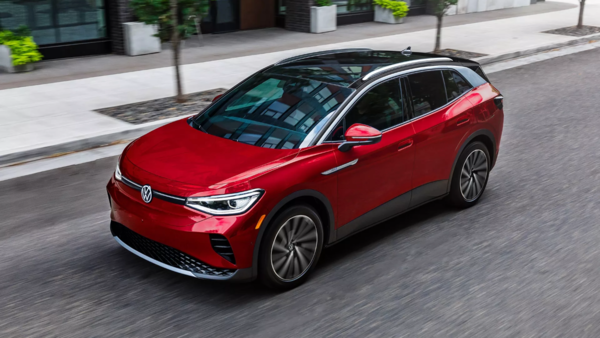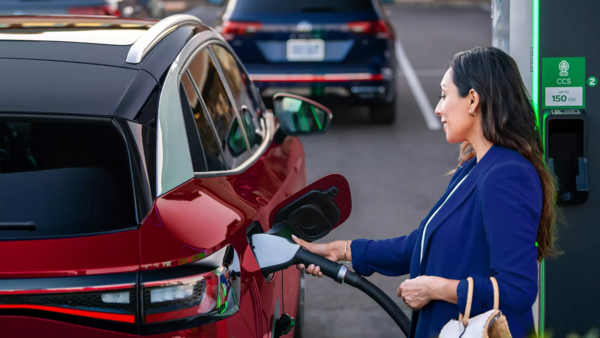
Volkswagen ID.4 EV
The company is currently in the process of rejigging its strategy towards reducing fixed costs and enhancing productivity. In the process, it released preliminary third-quarter results, which led to a reduction in its profit margin guidance for this year, disappointing investors. Antlitz expressed dissatisfaction with the profitability of the company, which fell short of the ambitious targets in the third quarter.
Volkswagen, like other car manufacturers and industry analysts, has expressed concerns about the slower-than-expected growth in demand for electric vehicles (EVs). The company’s own order intake for EVs in Europe dropped from 300,000 in 2022 to 150,000 this year. Despite this setback, Antlitz indicated that orders have gradually increased in the third quarter, and they anticipate further growth in the coming months while remaining committed to their targets.
New Tata Safari interior review: Any quality concerns? | TOI Auto
In the Chinese car market, where Volkswagen was a leader in the combustion engine era, the company faces competition from numerous local manufacturers in the EV segment. Volkswagen may experience a decline in battery EV market share in the next year or two, until the introduction of two new models produced in collaboration with China’s Xpeng.
Global interest rates have hindered the transition to EVs as well, this is also highlighted by the cancellation of the GM-Honda partnership and a warning from battery maker LG Energy Solution. Subdued demand has also led to some EV manufacturers, including Tesla, reducing prices to keep up with demand.

On Thursday, Volkswagen confirmed that it achieved sales of 78.8 billion euros in the third quarter, where operating profit increased by 14 percent to 4.9 billion euros. The company maintains its outlook of delivering between 9 million and 9.5 million vehicles to customers this year, with group sales revenue expected to be 10 percent to 15 percent higher than in 2022.

